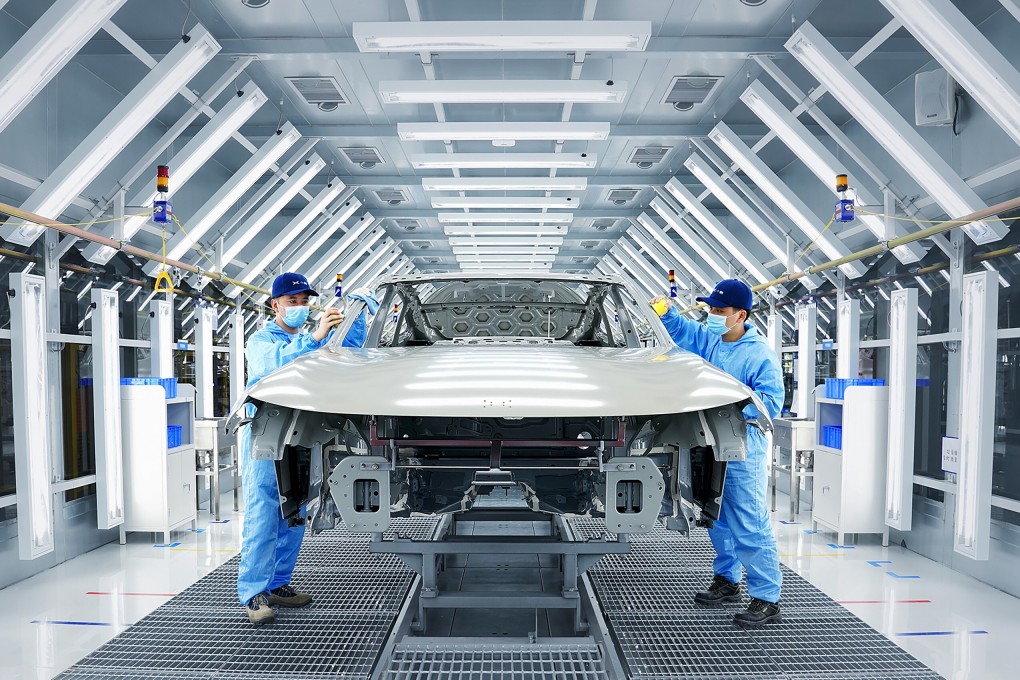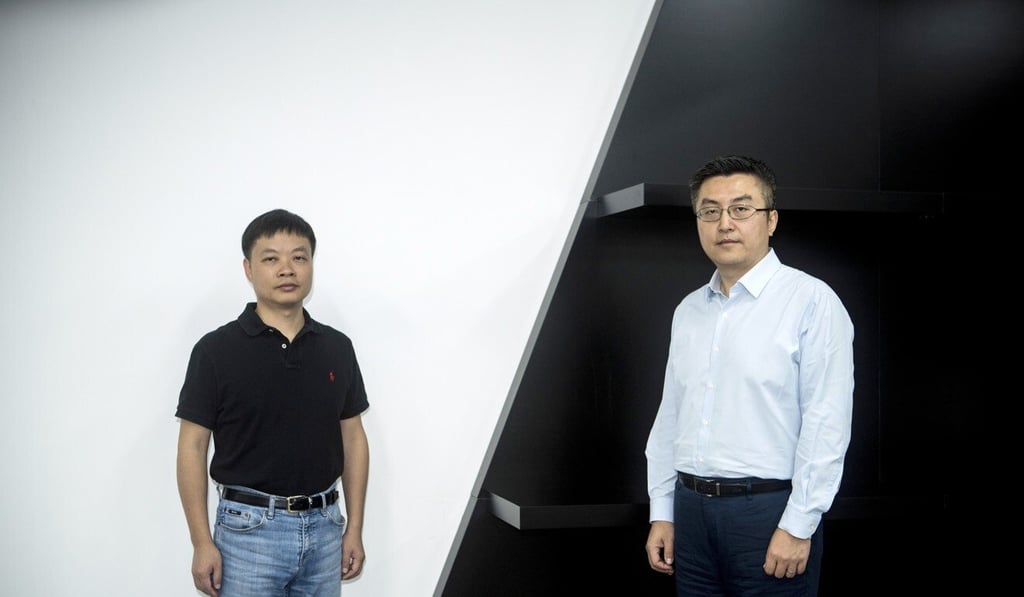Greater Bay Area city Zhaoqing set to form EV industry cluster with over 100 players, Xpeng deputy chairman says
- Suppliers will set up production facilities near Xpeng’s factory to reap cost savings and efficiency gains as EV maker’s capacity grows, Brian Gu tells the Post
- Xpeng will upgrade its existing facilities so that its Zhaoqing plant can double production capacity to 200,000 EVs a year

Component suppliers will establish production facilities in districts neighbouring Xpeng’s factory in the next two years to reap cost savings and efficiency gains as the EV maker’s capacity expands, Brian Gu told the South China Morning Post.
“As our production scale grows beyond a certain level, their logistics costs will start to outweigh the costs of setting up shop near us,” he said.

01:56
Inside Chinese electric vehicle maker Xpeng's factory in Zhaoqing city

Xpeng’s Zhaoqing plant has received strong support from the government, including subsidies, tax rebates, land-use rights, supporting infrastructure and facilities in and near the industry park, Gu said.
The company’s suppliers are currently shipping components to its factory from other parts of Guangdong province as well as from other provinces of China. Battery giant Contemporary Amperex Technology (CATL) is, however, constructing a 12 billion yuan (US$1.9 billion) lithium battery factory in Zhaoqing. Gu said it will be able to supply Xpeng next year when the facility is completed.